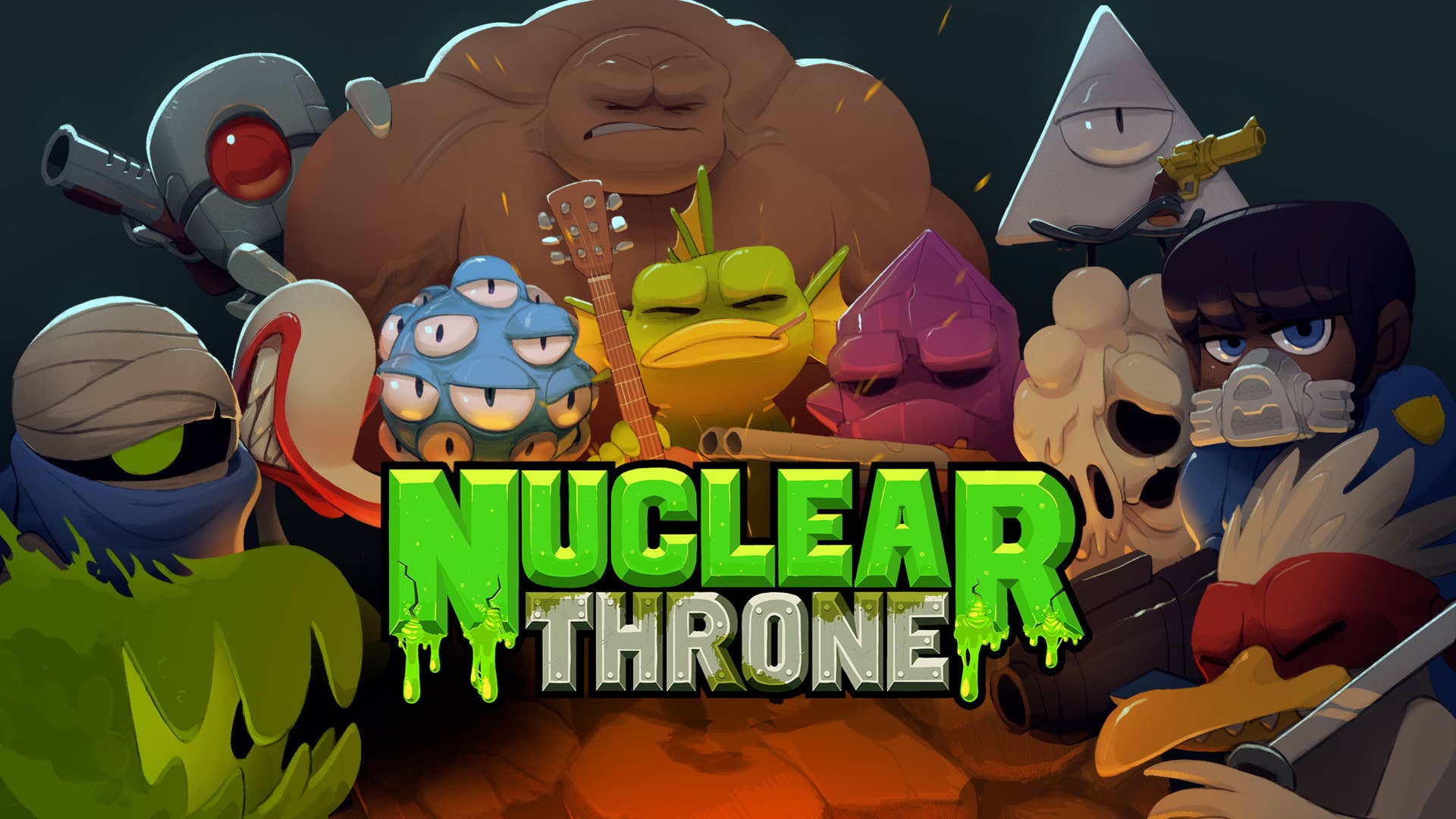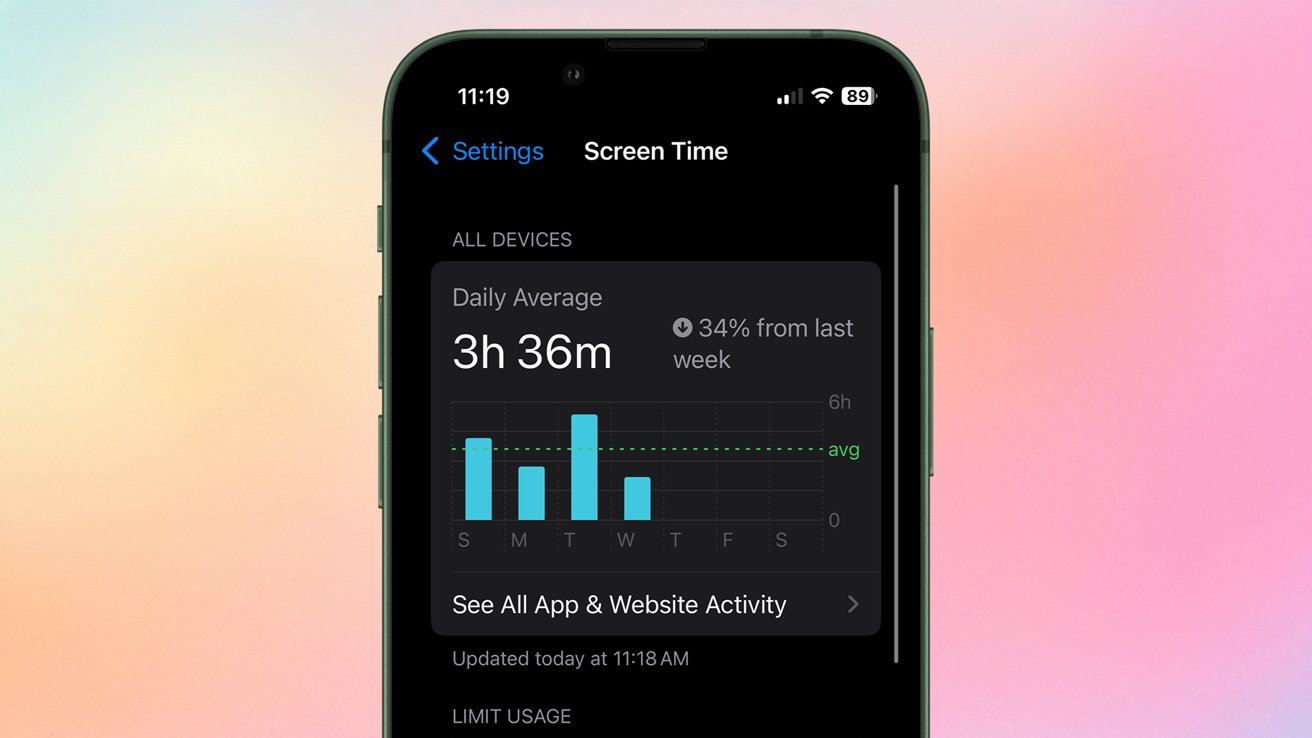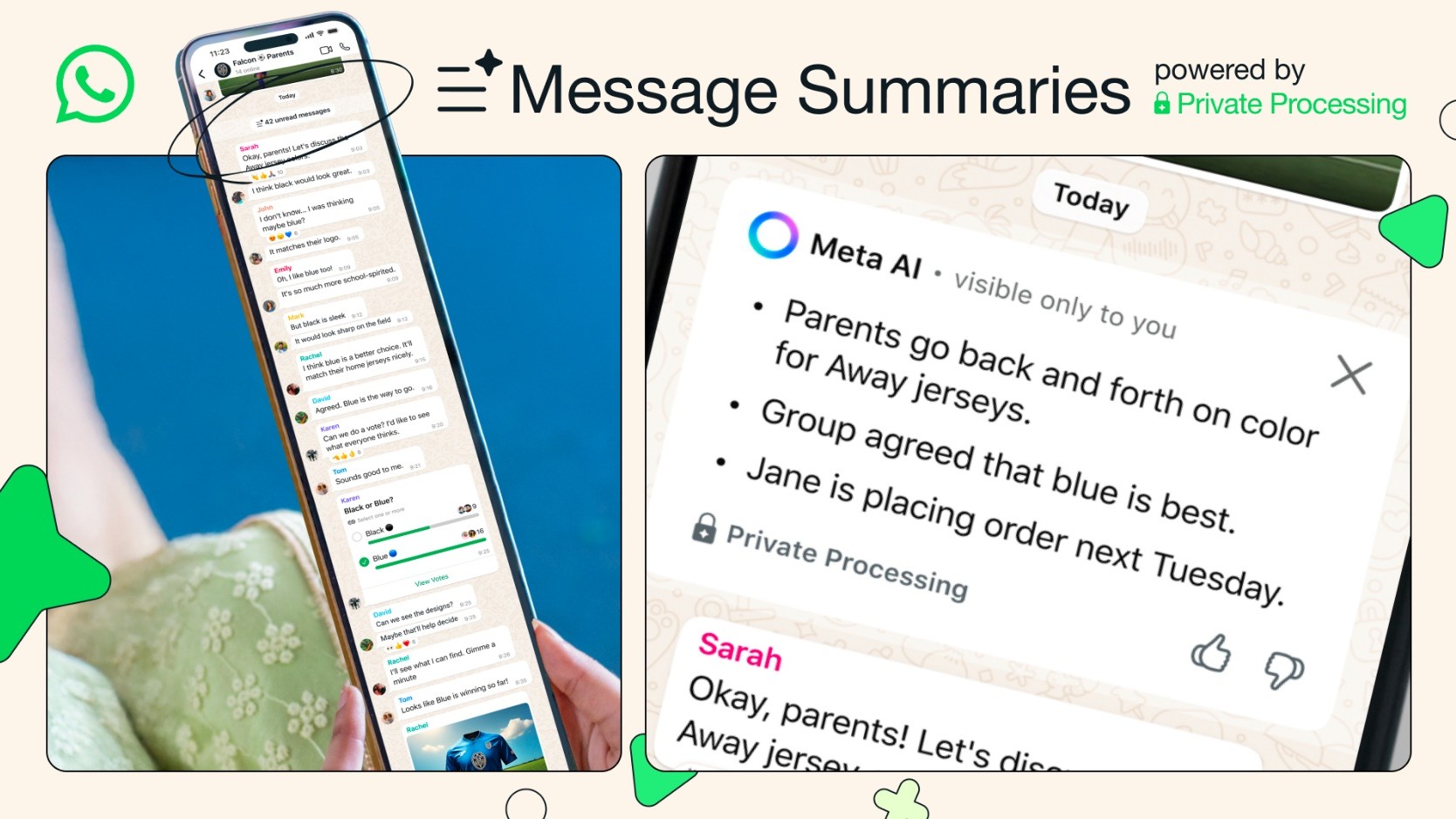Why Most Devs Fail to Build Habits (And How You Can Break the Cycle)
You promised you'd build better habits. You bought a fancy journal. You tried five productivity apps. You even time-boxed "deep work" on your calendar (and ignored it every time). Now you're here again — 47 tabs deep into a blog comparing tabs vs. spaces. It’s time for something different. Meet DevHabit — the chaotic good habit-building app designed specifically for developers who want to stop procrastinating and actually get better. What is DevHabit? DevHabit is part habit tracker, part accountability monster, part motivational dungeon master. It’s not cute. It doesn’t give you gold stars. It doesn’t care if you’re tired. It cares that you ship, learn, and grow. 1. Pick Your Habit You start with one dev-centric habit you want to build: Write a blog post every week Read one chapter of Clean Code without rage-quitting Refactor a file you’ve been avoiding since 2022 Do one LeetCode problem (or open the page and cry — still counts) 2. Justify It DevHabit won’t let you proceed until you state your reason — clearly and emotionally. Wrong: “I want to learn Docker.” Right: “I want to stop pretending I know Docker whenever it comes up in standups.” This app forces you to anchor your habit in meaning — not trends. 3. Start Small (By Design) DevHabit doesn’t let you overcommit and burn out by day three. Instead, you get "micro actions" — daily reps that are nearly impossible to skip: Rename one poorly-named variable Skim the README of that repo you starred in 2019 Watch one 3-minute system design breakdown Small actions build consistency, and consistency builds real skills. 4. Absurd Gamification (That Works) DevHabit includes: XP for every action (yes, even updating one comment) Boss battles like "Debug the Legacy Code Without Crying" Fake rewards like “Honorary Title: Stack Overflow Lurker Level 3” “Code Goblin” that starts nagging you if you skip two days It’s ludicrous on purpose — because novelty keeps you engaged long enough to change. 5. Instant Feedback (and a Little Shame) Skip a day? The app darkens your favorite IDE theme. Hit your streak? It generates a fake congratulatory email from a made-up tech conference. Fall off completely? It shows you a simulated version of your future GitHub profile... with no green squares. Why DevHabit Works Because developers don’t need more to-do lists. We need tools that: Reflect our identity Adapt to our chaos Add friction when we flake and frictionlessness when we act DevHabit is absurd, but it’s also practical. It respects your time and insults your excuses. Want to Build It? This isn’t just a joke. I’d love to build this — solo or open source. Got wild ideas? Want to contribute code, design, or dark humor? Drop a comment. Let’s create a tool that helps devs improve without pretending we’re productivity monks. Final Thoughts Serious change doesn't always come from serious tools. Sometimes, what you need is a habit tracker that calls you out, makes you laugh, and nudges you forward — one ridiculous commit at a time. So. What habit would you want DevHabit to bully you into?

You promised you'd build better habits.
You bought a fancy journal.
You tried five productivity apps.
You even time-boxed "deep work" on your calendar (and ignored it every time).
Now you're here again — 47 tabs deep into a blog comparing tabs vs. spaces.
It’s time for something different.
Meet DevHabit — the chaotic good habit-building app designed specifically for developers who want to stop procrastinating and actually get better.
What is DevHabit?
DevHabit is part habit tracker, part accountability monster, part motivational dungeon master.
It’s not cute.
It doesn’t give you gold stars.
It doesn’t care if you’re tired.
It cares that you ship, learn, and grow.
1. Pick Your Habit
You start with one dev-centric habit you want to build:
- Write a blog post every week
- Read one chapter of Clean Code without rage-quitting
- Refactor a file you’ve been avoiding since 2022
- Do one LeetCode problem (or open the page and cry — still counts)
2. Justify It
DevHabit won’t let you proceed until you state your reason — clearly and emotionally.
Wrong:
“I want to learn Docker.”
Right:
“I want to stop pretending I know Docker whenever it comes up in standups.”
This app forces you to anchor your habit in meaning — not trends.
3. Start Small (By Design)
DevHabit doesn’t let you overcommit and burn out by day three.
Instead, you get "micro actions" — daily reps that are nearly impossible to skip:
- Rename one poorly-named variable
- Skim the README of that repo you starred in 2019
- Watch one 3-minute system design breakdown
Small actions build consistency, and consistency builds real skills.
4. Absurd Gamification (That Works)
DevHabit includes:
- XP for every action (yes, even updating one comment)
- Boss battles like "Debug the Legacy Code Without Crying"
- Fake rewards like “Honorary Title: Stack Overflow Lurker Level 3”
- “Code Goblin” that starts nagging you if you skip two days
It’s ludicrous on purpose — because novelty keeps you engaged long enough to change.
5. Instant Feedback (and a Little Shame)
- Skip a day? The app darkens your favorite IDE theme.
- Hit your streak? It generates a fake congratulatory email from a made-up tech conference.
- Fall off completely? It shows you a simulated version of your future GitHub profile... with no green squares.
Why DevHabit Works
Because developers don’t need more to-do lists.
We need tools that:
- Reflect our identity
- Adapt to our chaos
- Add friction when we flake and frictionlessness when we act
DevHabit is absurd, but it’s also practical.
It respects your time and insults your excuses.
Want to Build It?
This isn’t just a joke. I’d love to build this — solo or open source.
Got wild ideas? Want to contribute code, design, or dark humor?
Drop a comment. Let’s create a tool that helps devs improve without pretending we’re productivity monks.
Final Thoughts
Serious change doesn't always come from serious tools.
Sometimes, what you need is a habit tracker that calls you out, makes you laugh, and nudges you forward — one ridiculous commit at a time.
So. What habit would you want DevHabit to bully you into?













































































































































































![[The AI Show Episode 156]: AI Answers - Data Privacy, AI Roadmaps, Regulated Industries, Selling AI to the C-Suite & Change Management](https://www.marketingaiinstitute.com/hubfs/ep%20156%20cover.png)
![[The AI Show Episode 155]: The New Jobs AI Will Create, Amazon CEO: AI Will Cut Jobs, Your Brain on ChatGPT, Possible OpenAI-Microsoft Breakup & Veo 3 IP Issues](https://www.marketingaiinstitute.com/hubfs/ep%20155%20cover.png)




































































































































































































































































_incamerastock_Alamy.jpg?width=1280&auto=webp&quality=80&disable=upscale#)
_Brain_light_Alamy.jpg?width=1280&auto=webp&quality=80&disable=upscale#)






























































































![Senators reintroduce App Store bill to rein in ‘gatekeeper power in the app economy’ [U]](https://i0.wp.com/9to5mac.com/wp-content/uploads/sites/6/2025/06/app-store-senate.jpg?resize=1200%2C628&quality=82&strip=all&ssl=1)























































































